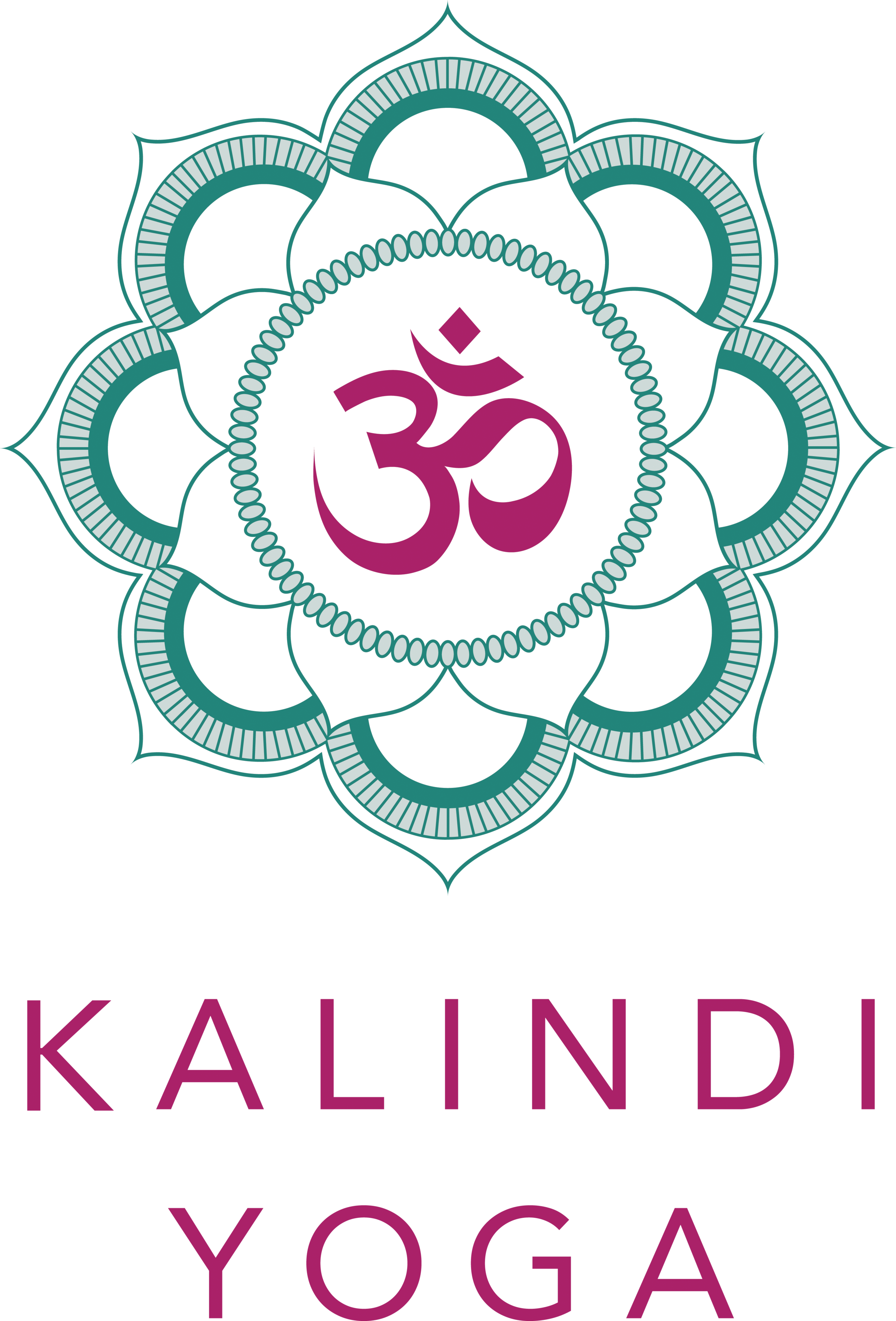How To Deal With Post-Yoga Soreness
There's no denying that yoga is good for you.
It can work wonders for your body when you stretch those deep muscles that you don't flex regularly. And yoga can relax you too, helping you to find greater peace of mind away from your stresses and improve your chances of a better night's sleep. These are just some of the benefits although there are many others.
However, as with any type of exercise, your muscles can become a little sore if you overwork them. You will especially start to feel achy if you're new to yoga or if you have long breaks between your yoga sessions. You might also experience a little bit of soreness when you learn new postures at your yoga class, especially if they are quite intense. During your session, slow down if your body needs a break and take time out to rest and relax when you need.
Should I Be Worried About Post-Yoga Soreness?
Don't be alarmed if you feel pain in your muscles and joints. While yoga can ease pain, it can also cause a little discomfort for the reasons we described above. When you stretch your muscles in ways that are unfamiliar to your body, a little bit of discomfort can be expected.
However, if you start to feel a lot of discomfort (or painful sensations), it is worth stopping your practice and seeking medical advice from your doctor. You may have overworked a muscle or carried out a yoga move incorrectly. If you have torn a muscle (yes if yoga is done without awareness this can happen!), you will need medical advice, so you should cease exercising until you are given the all-clear to continue again.
How Do I Deal With Post-Yoga Soreness?
For minor soreness, i.e. soreness that doesn't require medical intervention, there are a number of things you can do to help yourself.
For starters, it is important to take time out to rest and relax. You need to give your body time to heal so you shouldn't exert it again soon after your yoga session. A few gentle stretches are okay as this can actually reduce some of the aches you are experiencing. But you shouldn't do anything that is overly intense as you may cause yourself harm in the process.
To relieve soreness, it's a good idea to apply ice and heat to the area of your body that is bothering you. A heating pad (or hot water bottle) can loosen tight muscles and relieve the discomfort, and a cold compress, such as an ice pack, can reduce inflammation. Whatever you use, be sure to wrap it in some kind of covering, as you do need to protect your skin.
Hydrotherapy can be useful when your muscles are sore so prepare yourself a nice warm bath. To ramp up the benefits, add some Epsom salts into the water as these can help to reduce inflammation and relieve your stiffness.
Pain relief medication can help, of course, although you should speak to your pharmacist for advice. CBD products can also be effective, whether they are inhaled, taken in liquid form, or applied to the skin via a CBD Muscle Balm.
Another way to reduce pain is to take time out to sleep. Muscles and tissues heal faster after a good night's rest and you might also want to take naps in the daytime if you feel the need to do so.
Finally
Post-yoga soreness isn't always inevitable, especially when your body adapts to the exercises you are doing. But if it does feel sore, consider our suggestions and speak to your yoga teacher for advice on other things you might do to relieve your soreness.

